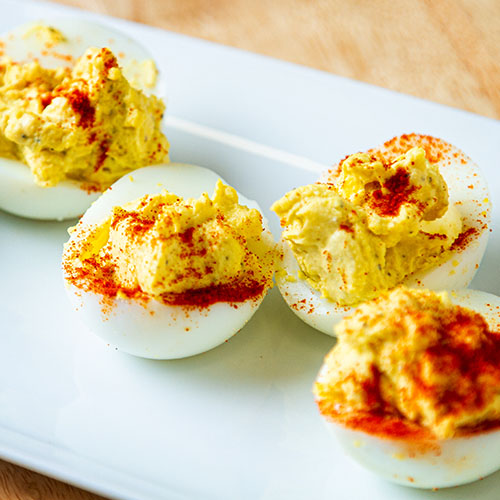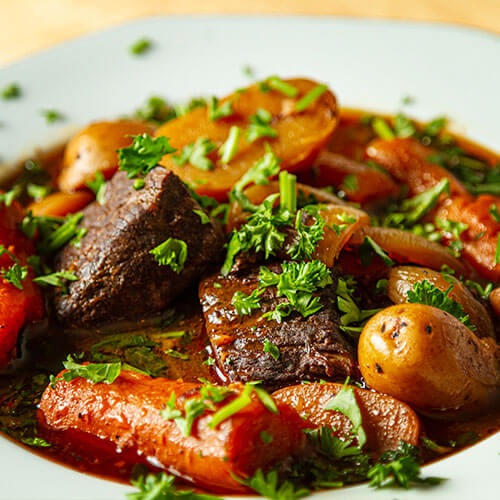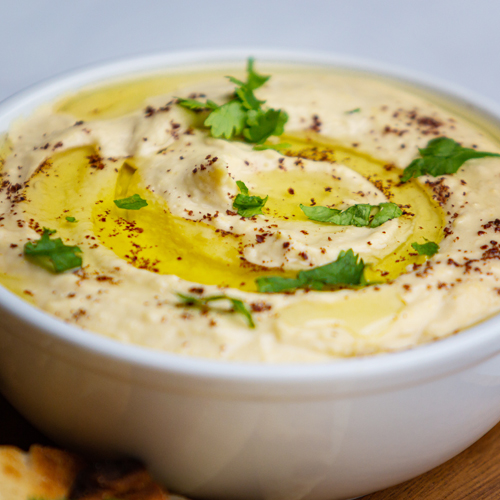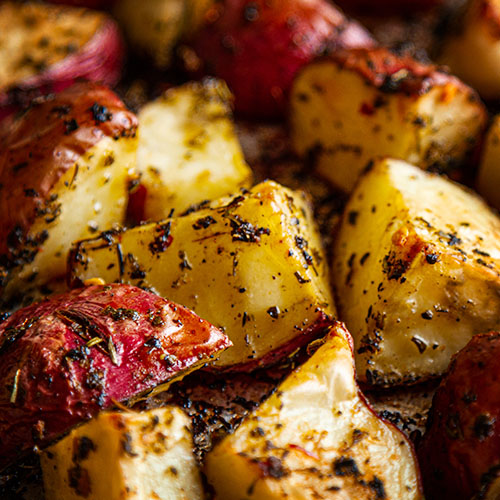Oats: Health Benefits, Facts, and Research
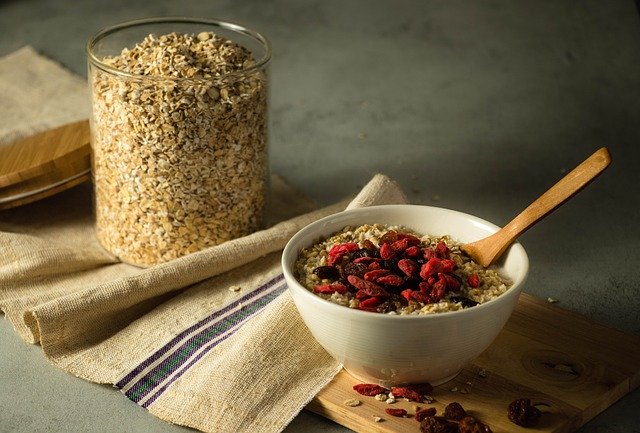 Oats are a species of grain, also known as Avena sativa. This cereal is most often eaten as oatmeal, made from rolled oats. Oats might also be added to baked goods such as bread, muffins, oatmeal cookies, and granola. Oats have a wide array of health benefits.
Oats are a species of grain, also known as Avena sativa. This cereal is most often eaten as oatmeal, made from rolled oats. Oats might also be added to baked goods such as bread, muffins, oatmeal cookies, and granola. Oats have a wide array of health benefits.
Benefits
Among the many health benefits of oats, this grain has been found to reduce the risk of coronary artery disease and colorectal cancer. Oats may also help lower cholesterol levels for some people. Oats also contain high levels of dietary fiber. This makes them a beneficial food to eat for weight control.
- Oats and Coronary Artery Disease: Whole oats are a valuable source of soluble fiber, which has been found to help reduce the risk of coronary heart disease. Eating oats and products that contain oats can help reduce total cholesterol levels as well as low-density lipoprotein cholesterol concentrations.
- Colorectal Cancer: Eating a high-fiber diet that includes whole grains such as oats has been linked to a lower risk of developing colorectal cancer, according to research published in the British Medical Journal. Researchers have concluded that for every 10 grams of fiber consumed in the daily diet, people experience a 10 percent reduction in their risk of developing colorectal cancer.
- Blood Pressure: Research published in the American Journal of Clinical Nutrition states that daily diets that include generous amounts of whole grains, including oats, are equally as effective as anti-hypertensive medication for lowering blood pressure. Including three servings of whole grains in the daily diet can reduce the risk of cardiovascular disease for middle-aged people.
- Digestion and Obesity: Oats have been shown to have a positive impact on overall metabolic health, helping to improve satiety, diet quality, and digestive health. Consuming whole grains helps improve immune health and also has a positive impact on the gastrointestinal tract. High-fiber diets usually help reduce constipation. People who consume whole-grain foods often tend to have a lower body mass index, presumably because these grains help reduce hunger and increase the feeling of fullness.
- Antioxidants in Oats: Oats contain molecules that act as antioxidants. Phenolic antioxidants present in oats can help prevent cholesterol from adhering to artery walls. These antioxidants also help reduce inflammation, help keep the blood pressure low, and have anti-itch properties when applied to the skin.
Nutrition
- Dietary Fiber: Oats contain a special type of fiber known as beta-glucan. This fiber has been found to be effective for lowering levels of bad cholesterol. Consuming just one cup of dry oats provides 7.5 grams of fiber. Women’s recommended daily fiber intake is 25 grams, and men’s recommended intake is 38 grams.
- Minerals: Oats contain many beneficial minerals and vitamins. Consuming 100 grams of oats provides the following percentages of recommended daily intake:
- 246% manganese
- 52% phosphorus
- 51% thiamine
- 44% magnesium
- 31% copper
- 26% zinc
- 26% iron
- 14% folate
- 13% pantothenic acid
- 12% potassium
- 8% riboflavin
- 6% vitamin B6
- 5% niacin
- Calories: One cup of dry oats has about 300 calories.
Types of Oats
A variety of oats are available for purchase. Many people like to use different types of oats, some as breakfast cereals and some for baking.
- Raw Oats: Raw oats are harvested in kernel form. The kernels are separated from the hulls and stalks to process them.
- Whole Oat Groats: The grain kernels are known as groats. The groats are the processed result after the kernels are separated from the hulls and stalks. Groats can be cooked, but it takes a long time.
- Steel-Cut Oats: Cutting the groats into two or three pieces results in steel-cut oats. Steel-cut oats cook faster than groats. Some people know steel-cut oats as Irish oatmeal.
- Scottish Oatmeal: Scottish oatmeal results when groats are stone-ground instead of being cut. The broken bits vary in size, which tends to create a creamier oatmeal.
- Regular Rolled Oats: Regular or old-fashioned rolled oats are the result of steaming the groats and rolling them out into flat flakes. Rolling helps stabilize the oils in the oats, which helps them stay fresh longer, and the flat oats cook faster.
- Quick Rolled Oats: Quick or instant rolled oats are rolled into thinner flakes, which results in faster cooking. Quick oats have the same nutrition content as regular rolled oats, but they have a creamier texture.
- Oat Flour: Grinding groats into a fine flour is another way to consume oats. Oat flour is ideal for cooking and baking.
How to Make Oats
Cooking methods for oats depend on the type of oats.
- Regular Rolled Oats: To prepare regular rolled oats on the stove, the recipe is one part oats, two parts milk or water, and a dash of salt. Boil the liquid, stir in the oats, and cook for about five minutes. You can use the same ingredients to cook regular rolled oats in the microwave. Combine all of the ingredients in a microwave-safe bowl, and microwave on high for about three minutes.
- Quick Rolled Oats: Stove-top cooking instructions for quick rolled oats use the same ingredient list. Boil the liquid, add the oats, and cook for about one minute. In the microwave, the cooking process takes about two minutes.
- Steel-Cut Oats: Prepare steel-cut oats by mixing one cup of steel-cut oats with one cup of milk and two cups of water. Add a dash of salt and two teaspoons of honey or maple syrup, if desired. Combine everything in a saucepan, bring it to a boil, and reduce the heat to low. Simmer and stir the oats for about 20 minutes, or until the oats are thick.
- Overnight Oats: Overnight oats can be a time-saver for hectic mornings. A standard recipe starts with 1/2 cup of regular rolled oats, 2/3 cup of milk, 1/3 cup of plain yogurt, 2 tablespoons of maple syrup, and 1/2 teaspoon of vanilla extract. Whisk everything in a small bowl, pour into a small jar, and cover tightly. Refrigerate the mixture for at least four hours. Eat cold or warm.
Not only are oats nutritious, but they are versatile and delicious. It may be possible to add oats to every meal of your daily diet. Eat a bowl of oatmeal for breakfast, enjoy oat bread for a lunchtime sandwich, and add oat flour to a soup or stew for dinner. With their important health benefits, you may enjoy better cardiovascular and digestive health by eating oats regularly.
Classic Recipes
Perfect Recipes
Homemade Recipes
This page was last updated by Megan Miller

